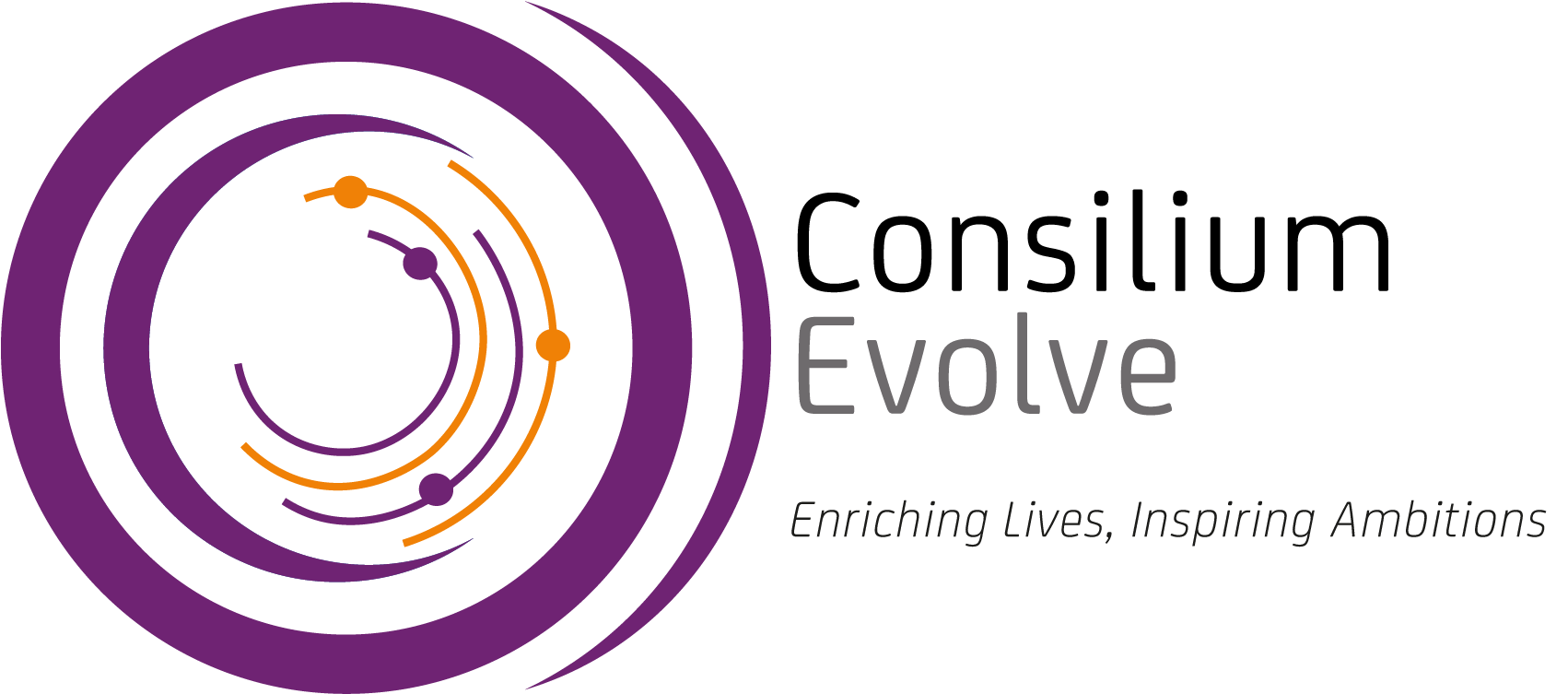How we’re tackling emotionally based school avoidance
For pupils who struggle to regulate their emotions, school can feel too overwhelming to attend, but at this AP staff are helping students overcome these issues, as headteacher Robert Bell explains.
Schools around the country are grappling with attendance issues, as a host of post-pandemic concerns have seen persistent absence soar.
One issue that can pose a particular challenge is emotionally based school avoidance (EBSA).
Indeed, it’s something we often work with pupils on here at Evolve, an alternative provision (AP) setting within Consilium Academies, because we know a student’s emotional state is the foundation upon which their educational success is built.
As such, we have worked hard to ensure we create an environment where emotions are listened to and understood, and that this feeds into the school day and lesson structure. While we may be an AP setting, I believe much of this work could help any school tackling EBSA.
Getting students through the door
Our approach begins at the start of the day with a 30-minute Fit to Learn session - aptly named, as no student moves on to formal lessons until they are ready to learn.
This is not your average “soft-landing” form time. Students take part in an array of activities that excite and engage them, from musical workshops to cross-stitch to Lego therapy and kickboxing.
The purpose is for them to want to come to school, to enjoy the feeling of success early in the school day and to give them something to relate to. For our skilled staff, it provides an opportunity to monitor each student’s emotional state without charts or formal assessments.
If a student isn’t ready to move on to lessons, they don’t. We offer one-to-one sessions such as “walk and talk” therapy, until the student is in a mental state to learn.
Overall, the aim is for our staff to establish a deep understanding of each student’s interests, comfort levels and sources of pride. We thereby build pupils’ confidence, class participation and attendance.
Reassess learning for peak performance
Recognising that learning demands our peak performance, we have also reassessed lesson structure to ensure our students can bring their best selves to lessons and enjoy learning.
To do this, we effectively aim to create a miniature version of the school day, starting and ending by nurturing the students’ emotional wellbeing, with challenging content in between.
What this means in practice is that we start every lesson with a sensory slide that must do three things:
- Connect with the students’ lives
- Spark curiosity
- Lead into learning.
Typically, we use imagery, but it could also involve a sound, a smell or a movement.
For example, we might feature an image that all of the pupils can relate to, such as a photo of a school trip, a school sporting event or a family holiday snap.
They are then asked a series of questions about the image to spark their curiosity and lead into learning. So, for example, a teacher might use a picture of a school ski trip as an introduction to a lesson about precipitation, or a picture of sports day for a physics lesson about speed.
It’s a simple but very powerful tool to use. In our September 2023 Ofsted report, inspectors praised these “consistent approaches” and noted that “questioning pupils at the beginning of lessons creates a routine” enabling them to “progress rapidly”.
These questions take about 5-10 minutes, leaving 30 minutes to focus on more challenging curriculum content before recapping in the last 5-10 minutes.
Rest, Restore and Acknowledge
Equally important is how we conclude every day.
We’ve incorporated a session into our routine, called Rest, Restore and Acknowledge, in which students are encouraged to reflect on their day, sharing their highs and lows. Within these sessions we also acknowledge the challenges they’ve overcome, whether social or academic, and celebrate successes.
For example, many students arrive with a diminished feeling of self-worth. It’s hard for them to have positive thoughts about who they are and so we ensure all achievements, no matter how seemingly small, are celebrated to offer positive reinforcement.
The session is also a chance for staff to communicate any changes in schedule or process that may happen tomorrow, eliminating surprises that might cause distress. This all means that “no student leaves today fearful of tomorrow”. They feel positive, uplifted and ready to return.
We sometimes use this session with parents too, helping them feel part of the strides that students have made and understand how home life has helped with this, reinforcing a sense of community between the school and the parent community.
The results speak for themselves
Embedding this approach requires a culture shift, but the results speak for themselves. Our students initially come to us with an average attendance rate of 18 per cent; here it’s 86 per cent.
Furthermore, while we might work with some students who join with zero attendance, sometimes joining as late as Year 10, we often help them leave with seven to eight GCSEs, many in top grades, and perhaps most importantly, no students leave not in employment, education or training.
EBSA is a major challenge and post-pandemic, it is especially prevalent. But with time, space and rich mechanisms, schools can work together with students and their parents to overcome this issue and help them find school a fulfilling and enjoyable experience.
Robert Bell is headteacher at Consilium Evolve
Originally published by TES 30th January 2024.




